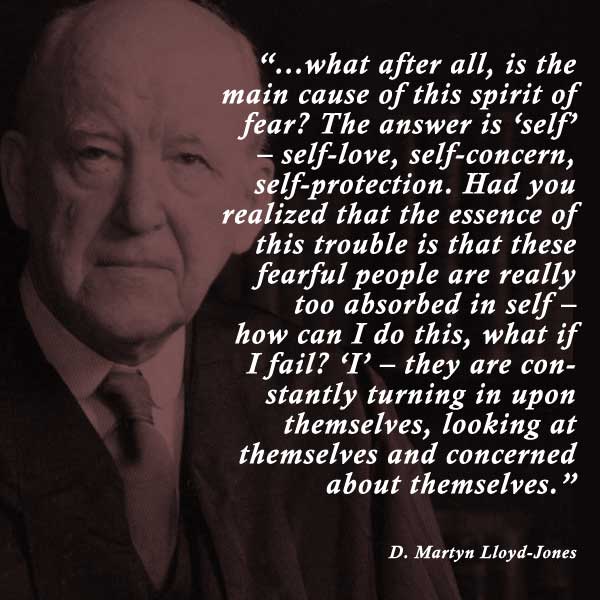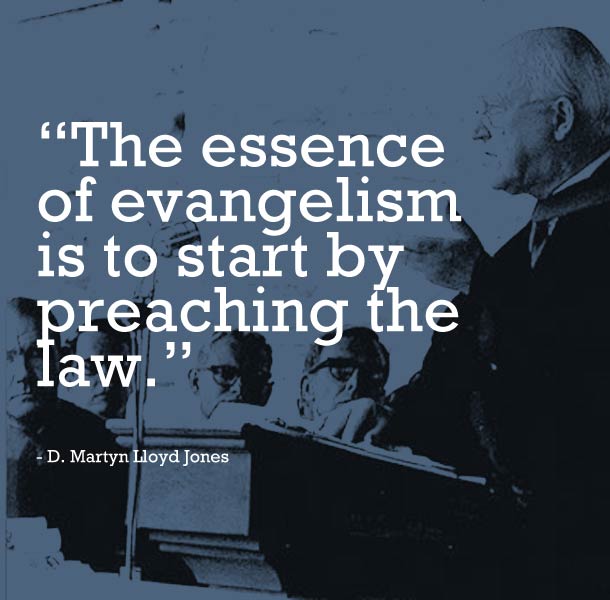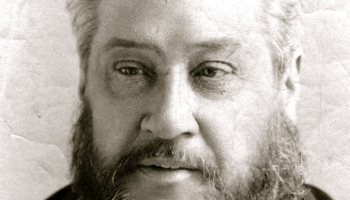'Irresistible' and 'Resistible' Grace
by Herman Bavinck
The term “irresistible grace” is not really of Reformed origin but was used by Jesuits and Remonstrants to characterize the doctrine of the efficacy of grace as it was advocated by Augustine and those who believed as he did. The Reformed in fact had some objections to the term because it was absolutely not their intent to deny that grace is often and indeed always resisted by the unregenerate person and therefore could be resisted. They therefore preferred to speak of the efficacy or of the insuperability of grace, or interpreted the term “irresistible” in the sense that grace is ultimately irresistible. The point of the disagreement, accordingly, was not whether humans continually resisted and could resist God’s grace, but whether they could ultimately–at the specific moment in which God wanted to regenerate them and work with his efficacious grace in their heart–still reject that grace.
-----
Reformed Dogmatics (4 Volume Set) , 4:82-83, 1895-99

 Don't make a savior of your morality. It cannot deliver you. Repent of trusting in your own righteousness and instead believe on Christ alone.
Don't make a savior of your morality. It cannot deliver you. Repent of trusting in your own righteousness and instead believe on Christ alone. by D. Martyn Lloyd-Jones
by D. Martyn Lloyd-Jones Dr. Kim Riddlebarger
Dr. Kim Riddlebarger by Wilhelmus a Brakel
by Wilhelmus a Brakel by D. Martyn Lloyd-Jones
by D. Martyn Lloyd-Jones by C. H. Spurgeon
by C. H. Spurgeon